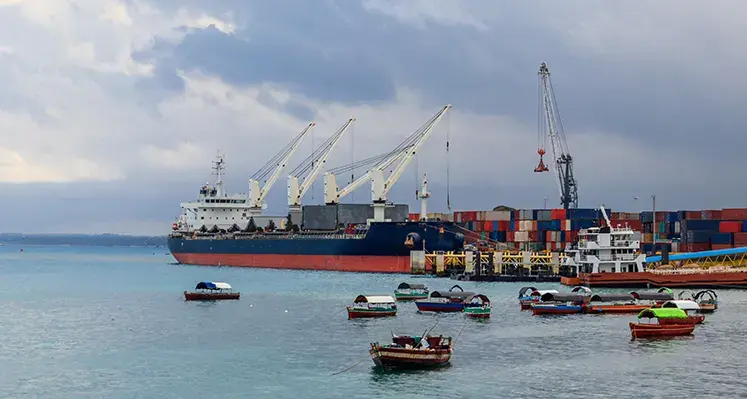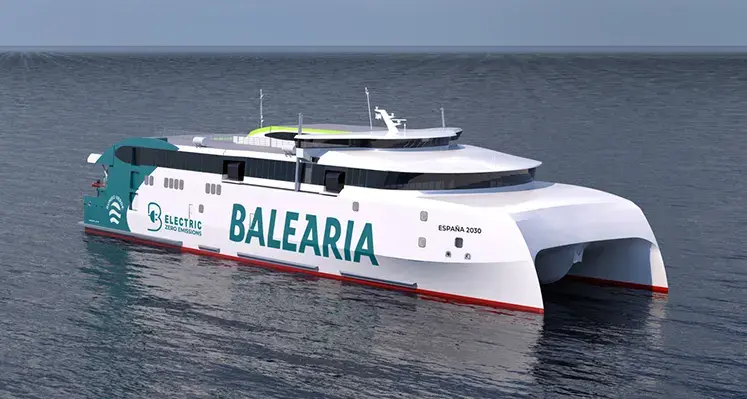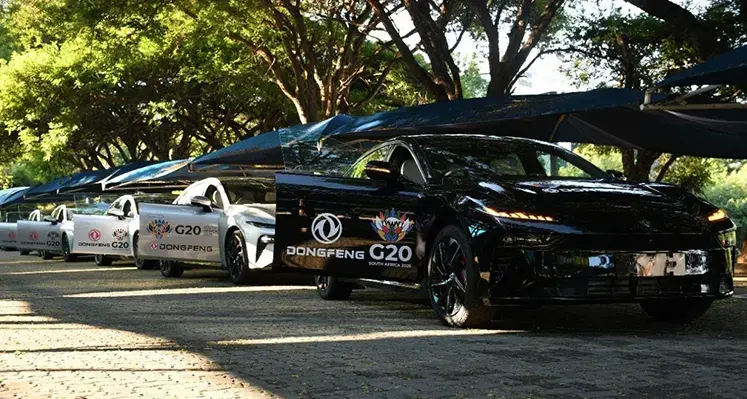The Central African Republic has taken a significant step forward in advancing the Pointe-Noire–Brazzaville–Bangui–N’Djamena (CD13) multimodal transport corridor with the official launch of works on the MANGOMBE river port, marked by the laying of its foundation stone
The ceremony, held on 10 December 2025, signals a new stage in regional integration efforts aimed at boosting intra-regional trade, easing the movement of goods and people, and supporting economic growth across Central Africa through improved road and river transport links.
The event was presided over by President Faustin-Archange Touadéra of the Central African Republic, alongside Prime Minister Félix Moloua, members of government, African Development Bank representatives led by interim Country Manager Boye Kissagne, development partners and local community representatives.
“By laying this stone, I confirm my strong commitment to building a modern Central African Republic that can capitalise on its geographical, hydraulic and human assets to take a worthy place among emerging nations,” president Touadéra said.
“This marks a decisive turning point for our policy of openness, connectivity and greater economic exchange in our Central African sub-region. We are laying more than a stone: we are laying the foundation of something that will bring growth, hope and opportunities for our country.”
Located at Mongoumba, the new river port is designed to play a pivotal role in strengthening river transport links between the Central African Republic and the Republic of Congo. The facility is expected to improve regional connectivity, shorten supply chains, ease inflationary pressures, and enhance the management of cargo transfers between river and road networks. In addition, the project is anticipated to stimulate private sector investment, create employment and open up new opportunities in logistics and financial services.
The project is being financed through a US$282mn grant from the African Development Fund, the concessional financing arm of the African Development Bank Group, underscoring the institution’s continued commitment to infrastructure development across Africa.
“Today, we are not simply launching an infrastructure project; we are opening the door to a future firmly focused on shared prosperity,” Kissagne said.
“The Port of Mongoumba is a symbol of resilience, courage, and determination to advance despite challenges.”
Construction of the port is scheduled to last 24 months and will be executed by the Italian–Egyptian Selip–Rowad consortium, with oversight provided by the SCET Tunisie and Lege Engineering consortium.
Currently, the African Development Bank Group is supporting 20 projects in the Central African Republic, with total commitments of US$583mn. These investments are concentrated mainly in transport (51%), water and sanitation (21%), agriculture (12%) and other sectors, including energy, social development, governance and finance (16%).
















